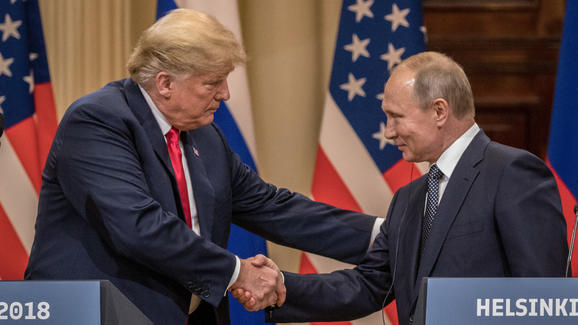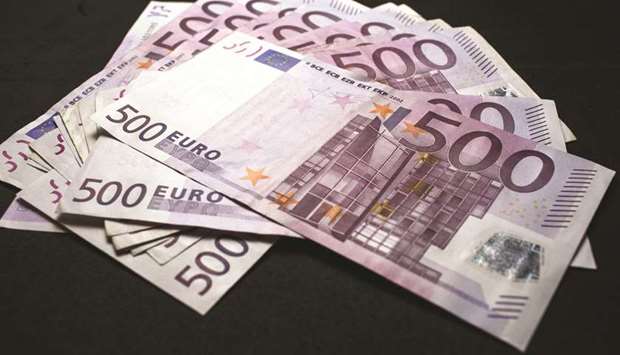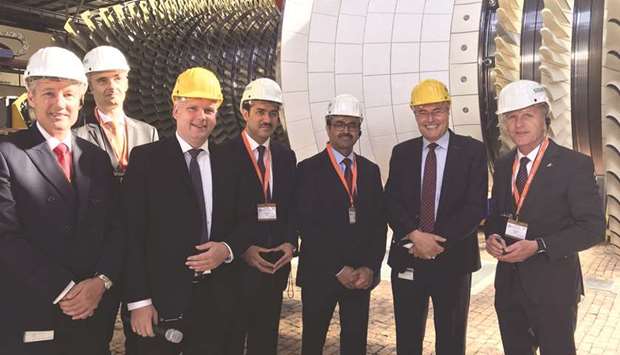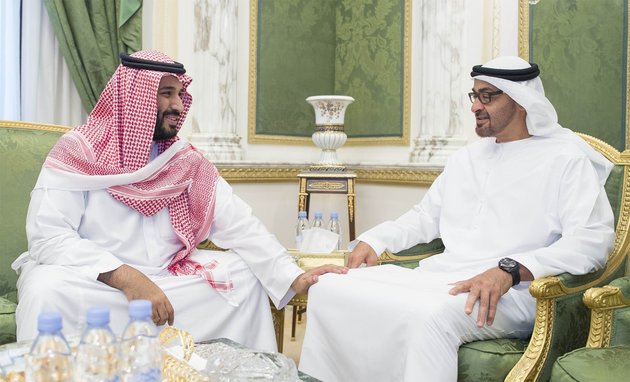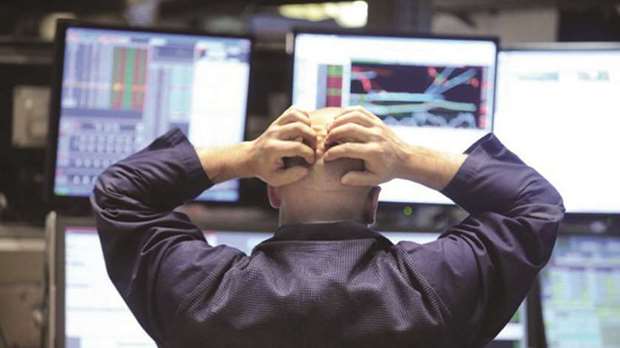Crude futures stop their rally; Asian spot LNG prices firm
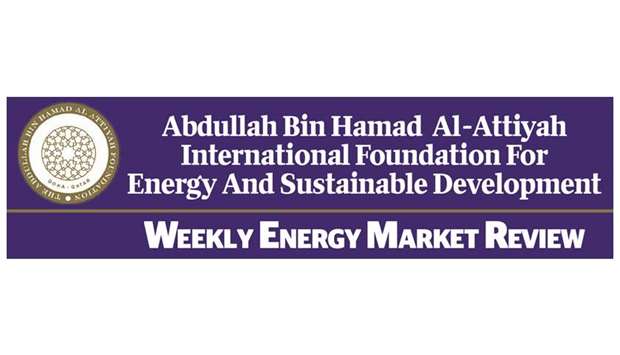
Www.Abhafoundation.Org
Oil
Benchmark crude futures stopped their rally last week by losing around 1% and 3% for Brent and WTI respectively. Prices were dragged down by US and Opec production increases, rising US refined product stocks, smaller-than-expected impact from the US Gulf tropical storm Gordon, weak equity markets and economic trade tensions.
Gordon was expected to become a hurricane which initially boosted prices, but the anticipation proved exaggerated as it finally weakened and caused relatively small impact. US gasoline and distillate stocks rose in the latest week by almost five million barrels (mbs) which more than offset the crude stock drawdown of 4.3 mbs. Equity markets were pressured in the US and Europe by rising trade tensions, and the surge in August of US job growth that strengthened the US dollar and fuelled concerns about a spike in US interest rates. Price losses were limited by supply worries in Iran and Venezuela, and by escalation in Iraq’s protests and Syria’s war.
China’s trade surplus with the US climbed to $31bn in August, which will fuel the trade tension between the two countries even more. The rising trade tensions along with financial crises’ in some emerging markets could impact oil demand negatively, that is expected to exceed 100mn bpd later this year, according to Opec estimates. Therefore, the drivers related to the supply could be of higher uncertainty, and thus of higher importance, in determining the prices in coming weeks.
Gas
Asian spot LNG prices proved firm last week, holding at a four-year seasonal high. Prices continued to grow on the back of steady demand despite a thin trade in a usually off-demand period. Some traders consider that September’s imports could be higher than usual, as Asian buyers have to rebuild their inventories for the upcoming winter and they are expected to have learnt from last year’s shortages. South Korea’s KOMIPO is seeking an LNG cargo for November delivery, while Sinopec is expected to ramp up winter gas purchases, and CNOOC will open its terminals next month to third party access. On the supply side, the issue at Russia’s Sakhalin-2 LNG plant has likely been resolved with production ramping up faster than expected, whereas feedgas at Cheniere’s Sabine Pass LNG train 4 was lower last week due possibly to an outage.
In the US, Henry Hub natural gas futures dropped almost 5% last week due to softer demand and near-normal storage build. The weak market situation was predominantly caused by tropical storm Gordon that forced power outages and brought cooler weather. In the UK, gas futures surged by 8% last week, making it the seventh weekly consecutive gain. Prices were mainly boosted by some outages, lower imports, and gas demand from the power sector. The closure of the Rough storage site last year, which represented 70% of UK’s gas storage capacity, is forcing lower stock levels. The supportive market situation is expected, by analysts, to continue throughout the winter season.
* This article was supplied
by the Abdullah bin Hamad
Al-Attiyah International Foundation for Energy and Sustainable Development.

